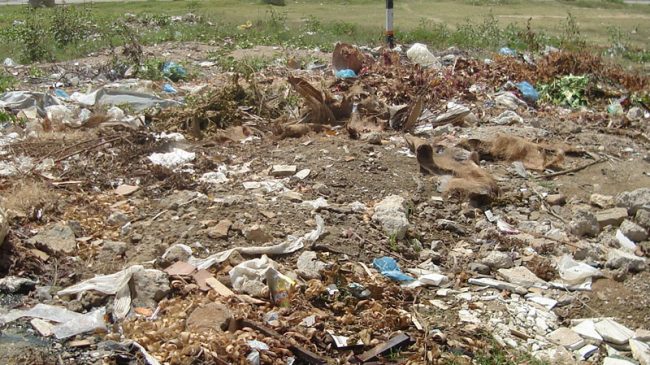California just became the first state to ban plastic shopping bags at grocery stores, convenience stores and many other businesses when Gov. Jerry Brown signed the law this week. More than 100 cities and counties in the state had already passed their own bag bans.
Even if you don’t use the common, convenient, lightweight plastic grocery bag, you should be concerned about the state ban.
Proponents of the ban claim it will benefit the environment. But a comprehensive analysis recently undertaken by Reason Foundation, which looked at the impact of plastic bag bans on the environment, found these claims don’t stand up to scrutiny. Indeed, the ban is likely to do more harm than good both to the environment and to people’s pocketbooks.
Lightweight plastic bags constitute less than 1 percent of all visible litter, represent only 0.4 percent of all municipal solid waste and are not a major cause of blocked storm drains. Banning them has practically no impact on the amount of litter generated, the amount Californians pay for waste disposal, or the risk of flooding. In fact, when plastic bags were banned in San Francisco, the county’s own studies showed that litter actually increased.
Lightweight plastic bags have not caused a giant “garbage patch” in the North Pacific, nor are they a significant threat to marine animals or birds. Rather, the real culprit of untimely marine animal death is cast-off fishing gear. A bag ban might catch a school of red herrings but it won’t save any real marine life.
For our study, we calculated that an average consumer using only lightweight plastic bags would be responsible for consuming less energy and water and generate fewer greenhouse gas emissions than someone using alternative bags. The main proposed alternative is five times heavier than the current bag and is responsible for the consumption of far more resources, energy and water. Paper bags also consume more resources, including five times more water over their lifecycle than lightweight plastic bags.
Further, the Department of Public Health has warned, “During the warmer months, the increased temperatures can promote the growth of bacteria that may be present on [reusable] bags.”
They encourage users to wash their reusable bags “frequently.” This of course consumes water – and if the advice were followed rigorously, “reusable” bags would consume as much as 40 times more water than lightweight plastic bags.
Some dismiss this advice, bragging that they never wash their bags. In those cases, they are putting themselves and other consumers at risk as bacteria spreads easily in shopping carts and at checkout counters.
Additionally, our research demonstrated enormous direct and indirect costs on California’s consumers. If California’s 12.4 million households spend five minutes each week cleaning their shopping bags to get rid of germs and bacteria, the annual opportunity cost would be more than $1.5 billion.
The bag ban is likely to disproportionately burden the working poor and those households on a tight budget. A dollar spent on 10 paper bags is a dollar not available for other purchases. And while it’s easy to place all the blame on the Legislature, grocery chains sponsored the plastic bag bill and may reap hundreds of millions of dollars charging the consumer more for a paper bag than it cost them to procure them wholesale.
Opponents of the bag ban say they’ll try to gather enough signatures to give voters the chance to repeal the plastic bag law.
In the meantime, it’s clear leaders in Sacramento passed another feel-good measure that hurts working people and the state economy.
Lance Christensen is director of the pension reform project at Reason Foundation. This column originally appeared in the Orange County Register.
